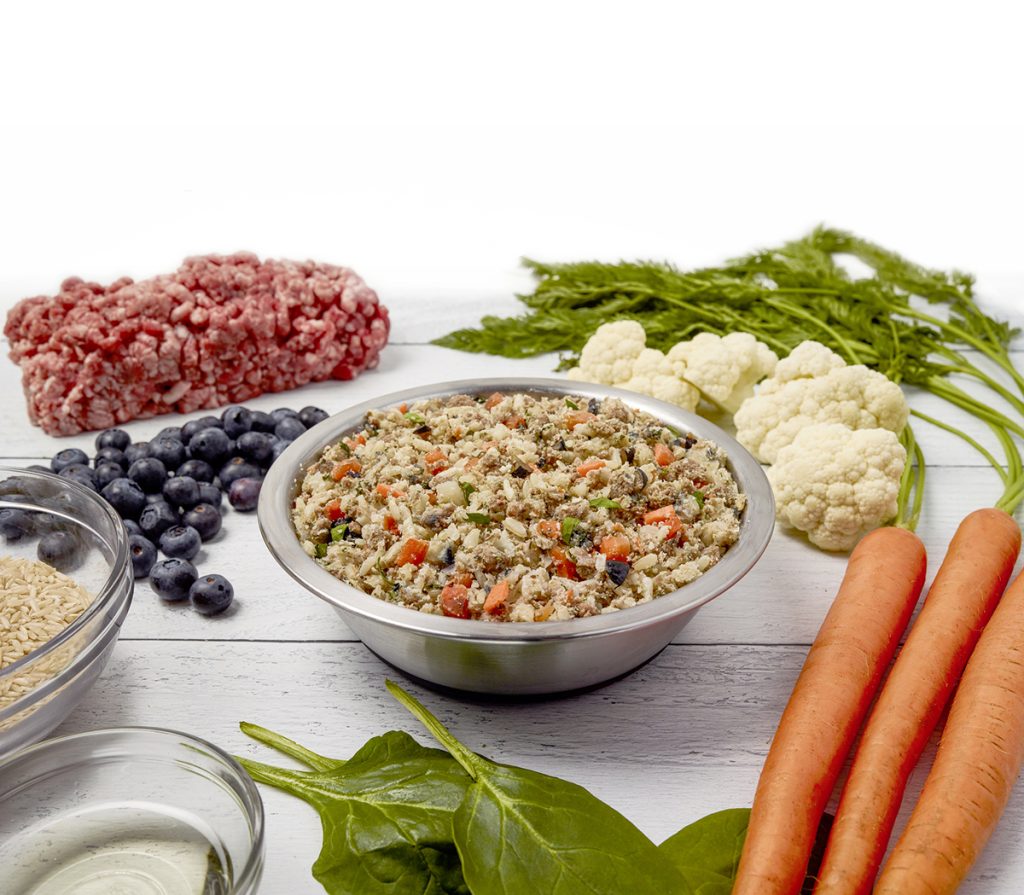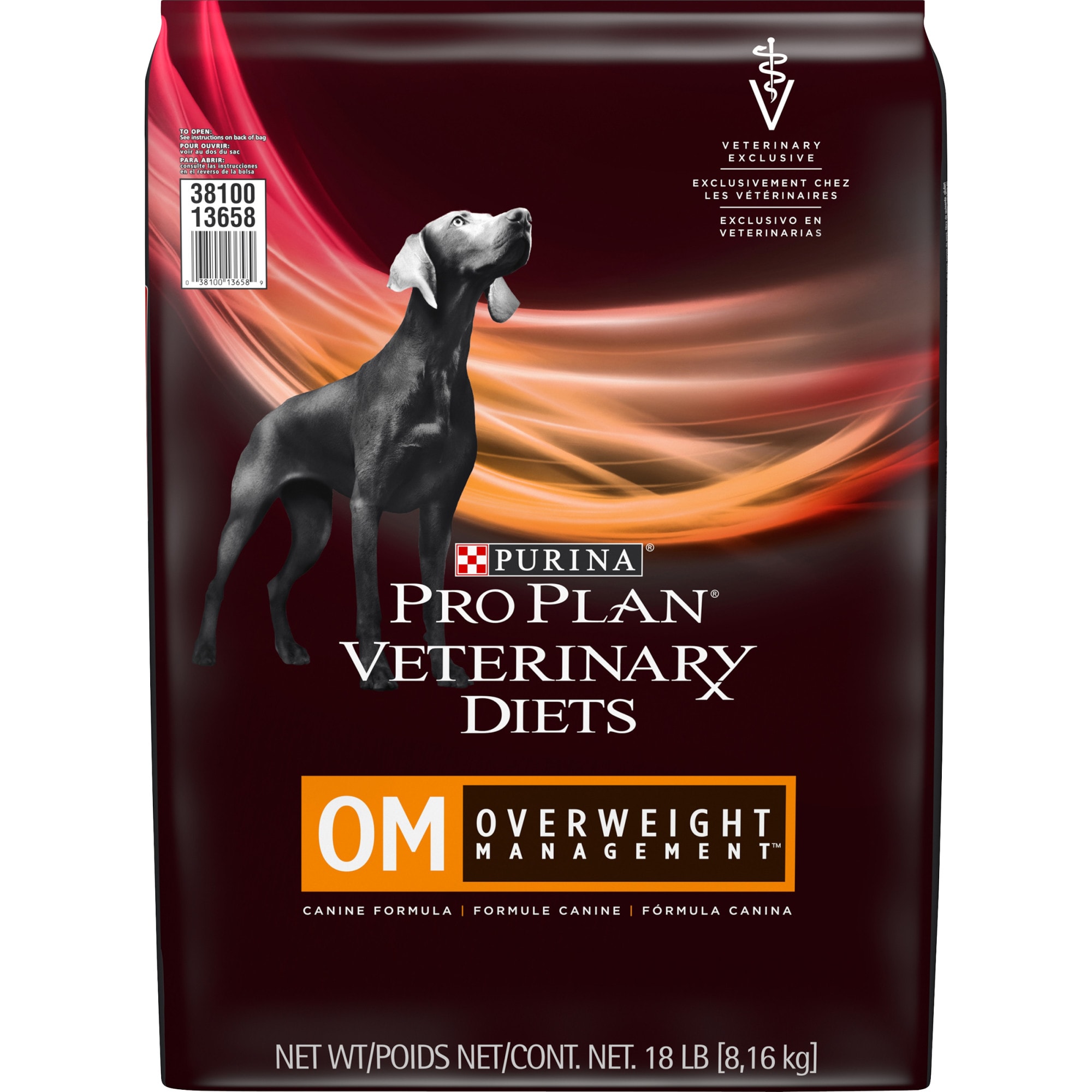
The Ultimate Guide to Vet-Approved Food for Overweight Dogs
Obesity in dogs is a growing concern, mirroring trends in human health. Overweight dogs are at higher risk for a range of health problems, including arthritis, diabetes, heart disease, and certain cancers. The good news is that with the right diet and exercise plan, guided by your veterinarian, you can help your dog shed those extra pounds and enjoy a healthier, happier life. This article delves into the world of vet-approved food for overweight dogs, providing you with the knowledge to make informed choices for your furry friend.
Why Choose Vet-Approved Food?
When it comes to your dog’s health, trusting the expertise of a veterinarian is paramount. Vet-approved foods undergo rigorous testing and formulation to ensure they meet specific nutritional needs while promoting weight loss. Here’s why choosing a vet-approved option is crucial:
- Balanced Nutrition: Overweight dogs still require essential nutrients. Vet-approved foods are formulated to provide a balanced diet, ensuring your dog receives the vitamins, minerals, and protein they need without excess calories.
- Calorie Control: These foods are carefully formulated to be lower in calories than standard dog food, making it easier to create a calorie deficit necessary for weight loss.
- High Fiber Content: Fiber helps dogs feel fuller for longer, reducing begging and overeating. Vet-approved weight management foods often contain higher levels of fiber to promote satiety.
- L-Carnitine: This amino acid helps the body convert fat into energy, supporting lean muscle mass while burning fat.
- Veterinarian Oversight: Your vet can assess your dog’s individual needs and recommend a specific food and feeding plan that is appropriate for their age, breed, activity level, and health status.
Understanding the Nutritional Needs of Overweight Dogs
Before diving into specific food recommendations, it’s essential to understand the nutritional requirements of overweight dogs:
- Protein: Adequate protein is crucial for maintaining muscle mass during weight loss. Choose foods with high-quality protein sources like chicken, turkey, fish, or lamb.
- Fiber: Fiber is your ally in weight management. It adds bulk to the diet, promoting satiety and aiding digestion. Look for ingredients like beet pulp, cellulose, or pea fiber.
- Fat: While reducing overall fat intake is essential, some fat is necessary for energy and nutrient absorption. Opt for foods with healthy fats like omega-3 fatty acids from fish oil or flaxseed.
- Carbohydrates: Carbohydrates provide energy, but excessive amounts can contribute to weight gain. Choose foods with complex carbohydrates like whole grains or vegetables, and avoid those with excessive amounts of simple sugars or fillers.
- Vitamins and Minerals: Ensure the food provides a complete and balanced blend of vitamins and minerals to support overall health.
Key Ingredients to Look for in Vet-Approved Weight Management Foods
When scrutinizing the ingredient list of a potential weight management food, keep an eye out for these beneficial components:
- Lean Protein Sources: Chicken, turkey, fish, lamb, or egg.
- High-Fiber Ingredients: Beet pulp, cellulose, pea fiber, brown rice, barley.
- Healthy Fats: Fish oil, flaxseed, sunflower oil.
- L-Carnitine: This amino acid helps burn fat and maintain muscle.
- Prebiotics and Probiotics: These support a healthy gut microbiome, which can aid in weight management.
Vet-Approved Food Options: A Closer Look
While your veterinarian is the best resource for specific recommendations, here are some popular and well-regarded vet-approved food brands and lines for overweight dogs:
- Royal Canin Veterinary Diet Satiety Support: This formula is specifically designed to promote satiety with a unique blend of fibers.
- Hill’s Prescription Diet Metabolic Weight Management: This food works with your dog’s unique metabolism to help them burn fat and maintain lean muscle.
- Purina Pro Plan Veterinary Diets OM Overweight Management: A high-protein, high-fiber formula designed to promote weight loss while preserving muscle mass.
- Blue Buffalo Natural Veterinary Diet Weight Management: This option provides a balanced approach to weight management with natural ingredients.
- Eukanuba Veterinary Diets Restricted Calorie: This food is formulated to help dogs lose weight while maintaining lean muscle mass.
Important Considerations When Choosing a Food
- Read the Label Carefully: Pay close attention to the ingredient list, guaranteed analysis, and feeding guidelines.
- Consider Your Dog’s Preferences: If your dog is a picky eater, you may need to try a few different foods to find one they enjoy.
- Gradual Transition: When switching foods, gradually introduce the new food over a period of 7-10 days to avoid digestive upset.
- Monitor Your Dog’s Weight and Body Condition: Regularly weigh your dog and assess their body condition to ensure they are losing weight at a healthy rate.
- Consult Your Veterinarian: Always consult your veterinarian before making any changes to your dog’s diet.
Beyond Food: A Holistic Approach to Weight Loss
While choosing the right food is essential, it’s only one piece of the puzzle. A holistic approach to weight loss includes:
- Portion Control: Measure your dog’s food carefully and stick to the recommended feeding guidelines.
- Regular Exercise: Increase your dog’s physical activity with daily walks, playtime, or other activities they enjoy.
- Limit Treats: Treats should only make up a small percentage of your dog’s daily calorie intake. Choose healthy options like vegetables or low-calorie dog treats.
- Avoid Table Scraps: Table scraps are often high in calories and fat, and can derail your dog’s weight loss efforts.
- Regular Vet Checkups: Schedule regular checkups with your veterinarian to monitor your dog’s weight and overall health.
Conclusion
Helping your overweight dog lose weight can significantly improve their quality of life and longevity. By choosing a vet-approved food formulated for weight management, practicing portion control, and incorporating regular exercise into their routine, you can help your furry friend achieve a healthy weight and enjoy a happier, more active life. Remember to work closely with your veterinarian to develop a personalized weight loss plan that is tailored to your dog’s individual needs.

